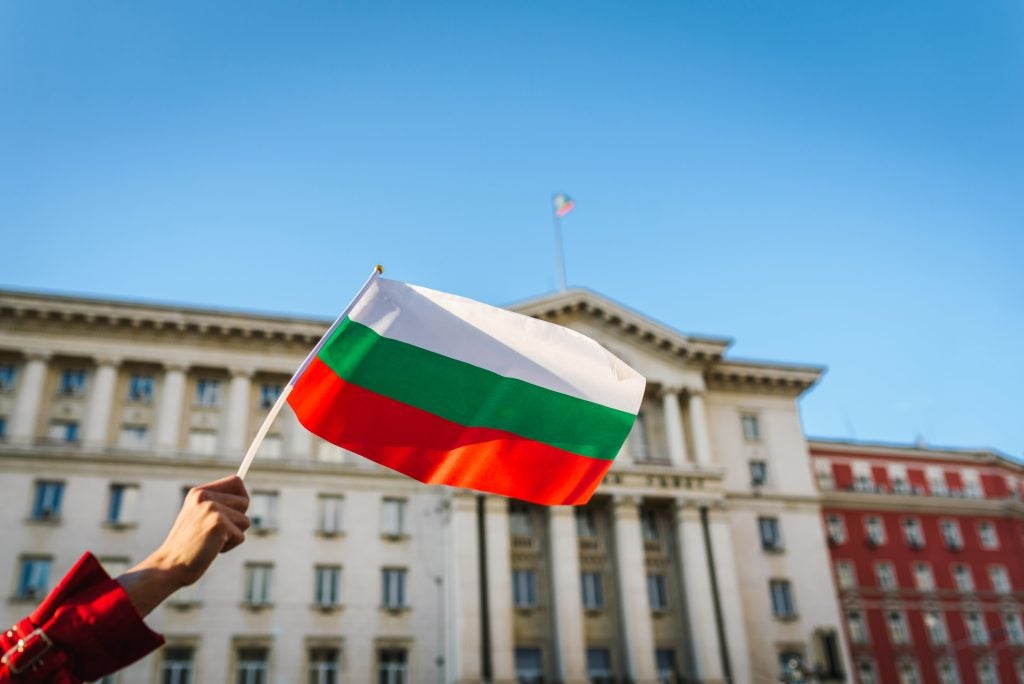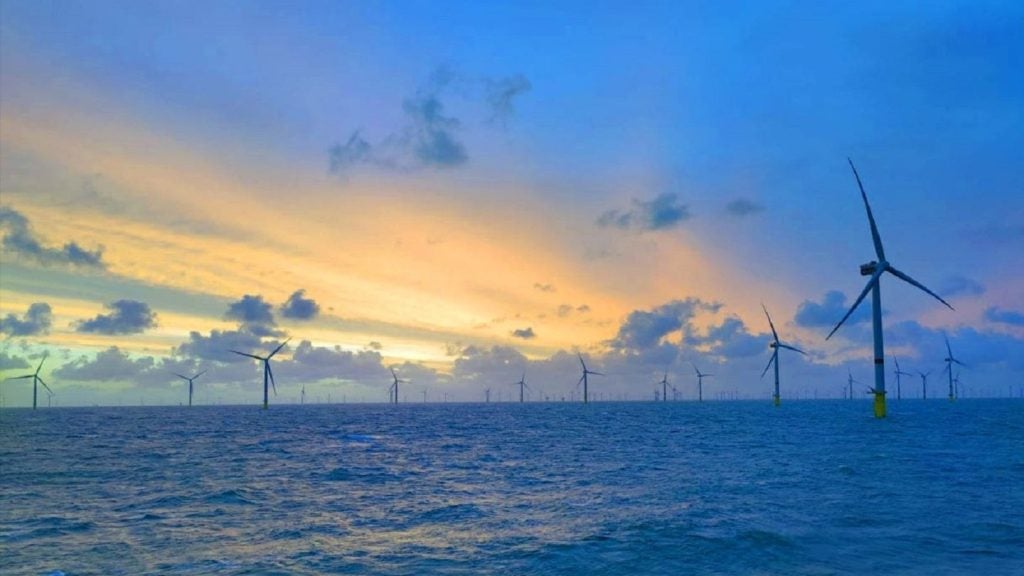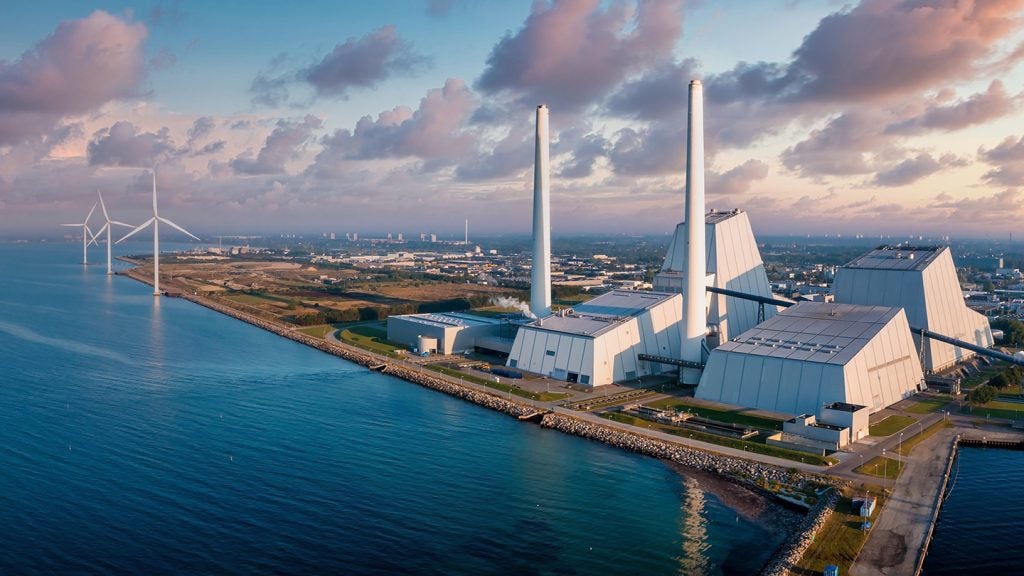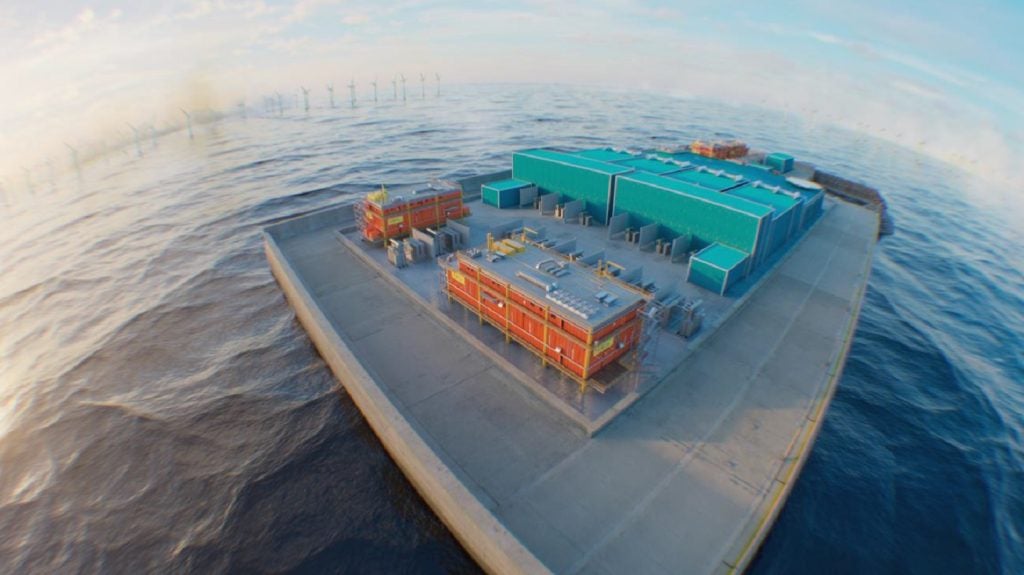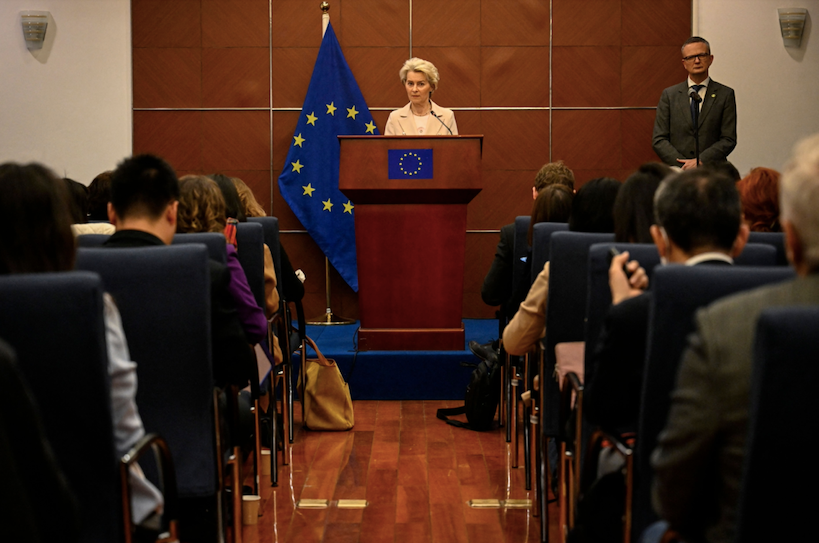Bulgarian miners led protests against the Denkov government for the third consecutive day on Sunday, blocking roads and highways. The protests come in response to the government’s Just Transition plans, which were officially submitted to the European Commission on Friday. On Sunday, unions refused to appear at the Council of Ministers for negotiations with Prime Minister Nikolai Denkov.
Part of Bulgaria’s Just Transition plan includes an expected €1.8bn (Lv3.52bn) from the EU to carry out the green transition in its coal regions without losing jobs. Last Friday, MPs from the majority parliamentary party said that coal-fired power stations in Bulgaria will be phased out by 2038.
Under the agreement, if a worker or a miner at the coal-fired power station loses their job, they will be paid 36 monthly wages as compensation, the equivalent of €75,000. This is equal to 75 average monthly wages in Bulgaria, the EU’s weakest country economically. Coal workers who do not want to leave the area they work in will be employed by the state-owned company working on the green transition in these areas.
However, the protests continue and Denkov fears there will be political interference in the upcoming local elections in October.
“Parties should not abuse the fears of energy workers and miners in their campaign for local elections,” he said.
The protesting miners want coal-fired power stations to operate at full capacity until 2038 when they will be shut down entirely.
Some of the unions in the coal regions around Stara Zagora said: “We insist on an extraordinary meeting of the Council of Ministers, to be held today and to include one point in it; namely, the withdrawal of the submitted territorial plans for a just transition. The deadline for submission to the EC has been met, but now we want them to be corrected and our demands to be made.”
The protestors have blocked the Trakia Motorway and the Pass of the Republic.
In 2022, coal was the main source of electricity production in Bulgaria, accounting for more than 42% of total electricity generation. However, as coal is phased out, the government is looking towards nuclear as its main energy source.


